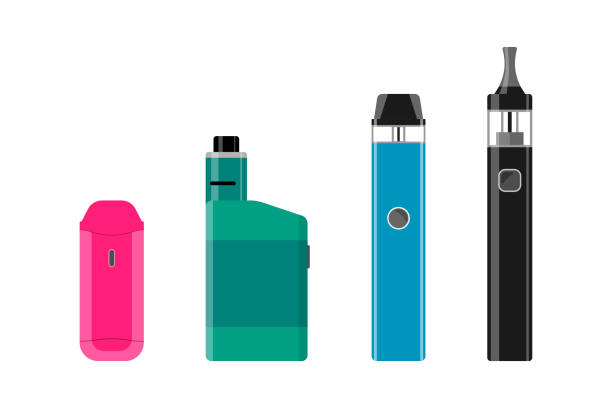Substance Abuse Evaluation: Understanding the First Step Towards Recovery

Introduction
When facing substance abuse issues, seeking help is a brave and essential decision. One crucial aspect of this process is a substance abuse evaluation. This evaluation serves as the initial step towards recovery, guiding individuals towards the most appropriate treatment plan. In this article, we will delve into the significance of a substance abuse evaluation, its components, and why it is crucial for those battling addiction.
Substance Abuse Evaluation Explained
A substance abuse evaluation is a comprehensive and structured assessment conducted by trained professionals, such as Substance Abuse Counselors or Psychologists. Its primary purpose is to gather crucial information about an individual’s substance use history, patterns, and its impact on their life. The evaluation helps in identifying the severity of the addiction and formulating a personalized treatment plan.
The Components of a Substance Abuse Evaluation
- Intake Interview: The evaluation process begins with an intake interview. This initial meeting allows the evaluator to gather essential information about the individual, including demographics, medical history, family background, and the reason for seeking help.
- Substance Use History: The evaluator delves into the individual’s substance use history, exploring the types of substances used, frequency, duration, and patterns of use. Understanding these details provides insights into the nature of the addiction.
- Consequences and Impact: Assessing the consequences of substance use is vital in understanding how it has affected various aspects of the individual’s life. This evaluation helps in recognizing the need for intervention and the appropriate level of care.
- Co-occurring Disorders: Substance abuse evaluation also address the presence of co-occurring mental health disorders. Many individuals with addiction may also suffer from conditions like depression, anxiety, or trauma.
The Importance of a Substance Abuse Evaluation
- Accurate Diagnosis: A thorough evaluation ensures an accurate diagnosis of the substance use disorder, which is critical for effective treatment.
- Personalized Treatment Planning: The evaluation results form the foundation for creating an individualized treatment plan that caters to the specific needs and challenges of the person seeking help.
- Identifying Dual Diagnosis: Evaluators can identify co-occurring mental health disorders, allowing for integrated treatment for both substance use and mental health issues.
- Determining Level of Care: The evaluation helps in determining the appropriate level of care required for the individual, such as inpatient, outpatient, or intensive outpatient treatment.
Conclusion
A substance abuse evaluation is an essential step in the journey of overcoming addiction and seeking recovery. By gathering detailed information about an individual’s substance use history, consequences, and related factors, this evaluation allows Substance Abuse Professionals to create personalized treatment plans that address the unique needs of each person seeking help. Additionally, the evaluation process helps identify co-occurring mental health disorders, facilitating comprehensive and integrated treatment. Taking the step towards a substance abuse evaluation is an act of courage, setting the stage for healing, recovery, and a brighter, sober future. Remember, seeking help is the first step towards reclaiming control and building a life free from the chains of addiction.









































































































































































































































